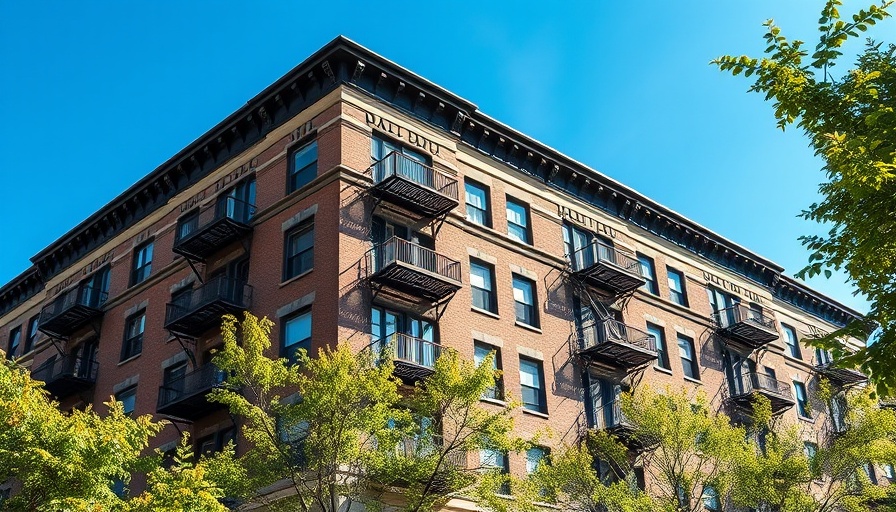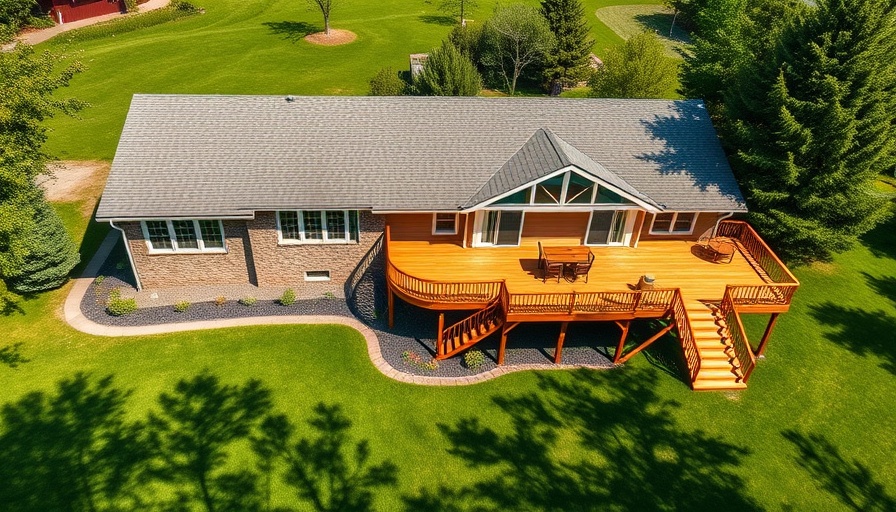
Understanding the Legal Landscape for Basement Rentals in Brooklyn
As one of the most diverse and densely populated boroughs in New York City, Brooklyn presents a unique opportunity for homeowners looking to maximize their properties by renting out basement spaces. However, the complex web of legal regulations surrounding basement units can be daunting. It's essential to have a clear understanding of the specific laws set by the New York City Department of Buildings (DOB) and other local governing bodies for a smooth rental experience.
Renting out a basement legally involves a thorough comprehension of applicable zoning laws, building codes, and tenant rights. For instance, a basement must adhere to minimum ceiling height requirements, have appropriate egress exits for emergencies, and ensure adequate ventilation—all factors that significantly contribute to tenant safety as well as regulatory compliance.
Key Regulations Every Landlord Should Know
Before you list your basement for rent, familiarize yourself with crucial regulations affecting basement rentals. The New York City Rent Stabilization Laws control rent prices, eviction practices, and tenant rights. These rules, coupled with the construction codes mandated by the DOB, help maintain safety and fairness in the rental market.
Proper planning and adherence can help avoid legal disputes that may arise from non-compliance. Understanding tenant obligations regarding repairs and access to facilities, as outlined in the city’s Housing Maintenance Code, can also mitigate risks. Enlisting the guidance of a real estate attorney can further clarify responsibilities, particularly when navigating issues that might involve disputes or misunderstandings.
Safety Measures That Can’t Be Overlooked
Aside from legal compliance, putting safety measures in place is paramount. It's not sufficient to merely have a rental space; ensuring that tenants feel secure is essential for both compliance and marketing. The necessity of having an egress window that provides emergency exit options cannot be overstated. Not only is this a legal requirement, but it also positions your property as a responsible, safe option for prospective tenants.
On top of egress considerations, basic safety installations such as smoke and carbon monoxide detectors are obligatory. Inspecting plumbing and electrical systems must be performed regularly to meet safe living standards—a step that can save lives and protect your interests as a landlord. Engage licensed professionals to ensure these systems meet current codes.
Market Trends Impacting Basement Rentals in Brooklyn
As remote working becomes more common, many families are seeking additional living space that can serve as a home office or guest suite. This shift in market demand makes basement rentals an attractive investment opportunity. However, this must be approached with caution, following the specific laws governing the conversion of these spaces.
On an upward trend, the demand for affordable housing options in Brooklyn remains strong. Particularly in neighborhoods where the average rent continues to spike, creating an appealing basement offer with responsible pricing can enhance both your rental income and property value.
Common Misconceptions About Renting Basements
Among homeowners considering this venture, several misconceptions may lead to poor decisions. One common myth is that any basement can be rented out as long as it is clean and furnished. However, this neglects the need for legal verification. Only basements meeting the stringent definitions of a legal dwelling unit—meeting height, safety, and quality requirements—may be rented out legally.
Understanding these distinctions is critical. Many landlords encounter legal challenges due to lack of knowledge about the importance of permits and inspections. Always verify that your unit is legally compliant before starting any marketing efforts to avoid unexpected hurdles.
Steps to Ensure Compliant Basement Rentals
To navigate the intricate pathway of basement rentals, follow these systematic steps:
- Ensure Structural Integrity: Conduct a thorough inspection to verify that your basement meets DOB requirements.
- Obtain Necessary Permits: Acquire the required permits and provide proof of compliance with housing codes.
- Marketing and Documentation: Prepare clear and accurate rental listings and keep documentation of all inspections and permits.
Moving Forward with Confidence
Renting out a basement in Brooklyn can indeed be a rewarding endeavor, opening doors to additional income and improved property functionality. However, the journey begins and ends with a strong commitment to understanding legal obligations. With a thoughtful approach and the helpful insights provided, homeowners can confidently navigate the intricacies of rental regulations.
Before diving into the rental market, consider researching more on this topic and connect with real estate professionals to solidify your understanding. Protecting your investments through compliance doesn't just keep you legally secure—it also demonstrates your commitment to tenant welfare.
 Add Row
Add Row  Add
Add 




 Add Row
Add Row  Add
Add 

Write A Comment